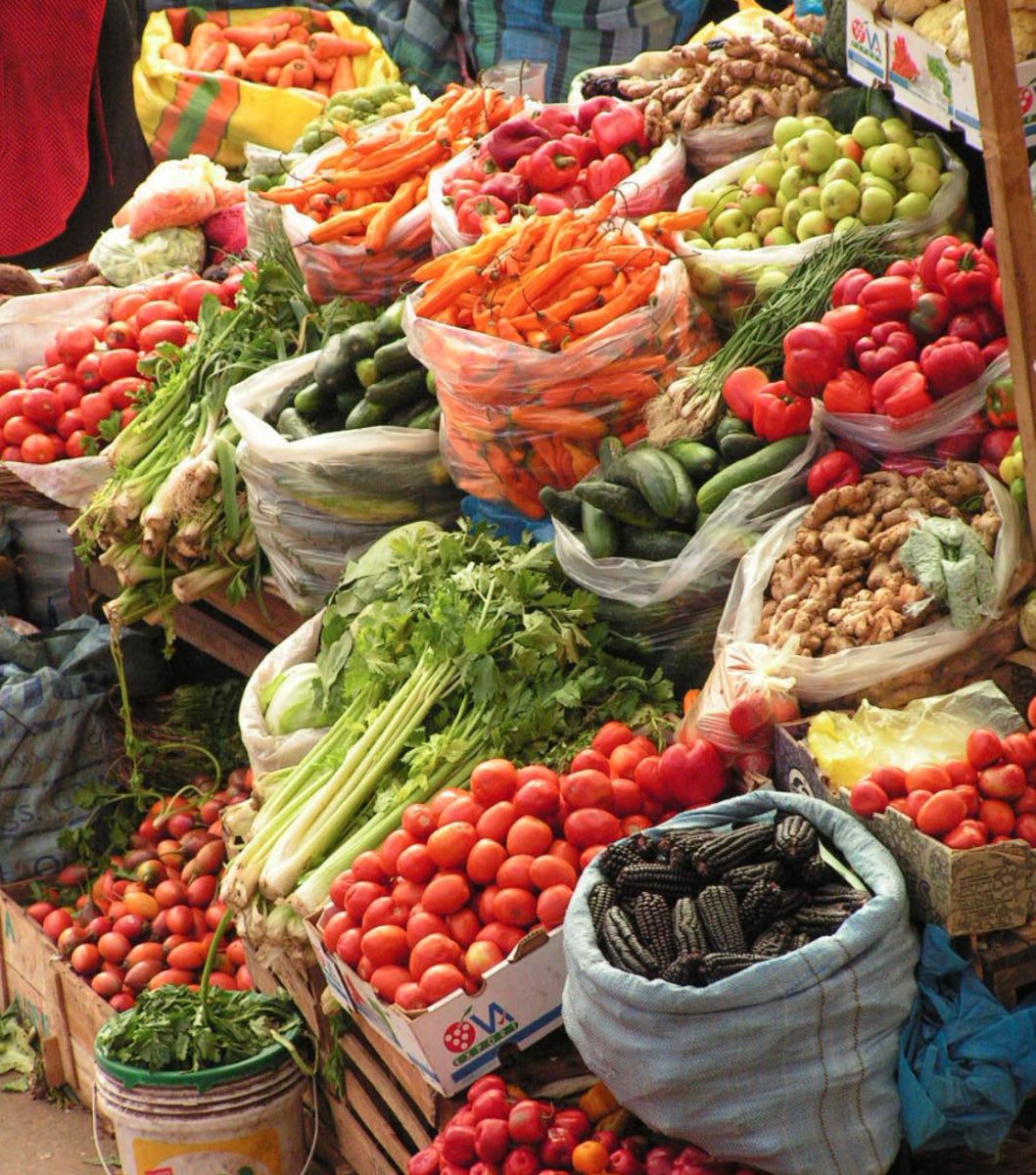Attending a university in California comes at a high cost, and that’s not just tuition. Food insecurity is a widespread problem at UCSD and throughout the California community as a whole. Organizations like After Hours and the Triton Food Pantry are working to combat this phenomenon.
For many students, the desire for an education has the potential to override any possibility of having a healthy, nutritious diet. Whether you spend your money on textbooks or your time studying, it’s not easy to balance finding the food and resources you need to fulfill your body’s needs.
Food insecurity is best described as the condition of not having access to sufficient food, or food of adequate quality, to meet one’s basic needs. With over half of all UC San Diego students receiving some form of financial aid, the student population represents a large spectrum of socio-economic diversity. Thus, not every student is able to consistently afford the high cost of food on campus or in the surrounding area.
According to RentCafe, the cost of groceries in California can be up to 10% higher than in other states. The UCSD community must constantly battle the increasingly high costs of food in San Diego and California as a whole. A 2018-19 Student Expenses and Resources survey highlighted the California student experience of struggling to find healthy and affordable food during college. The students surveyed answered questions about dilemmas they faced in finding affordable food, sharing experiences of skipping or shrinking meals to save money, worrying about running out of food, or failing to buy necessary books for school because they needed to pay for groceries and rent.
In one 2014 University of California Undergraduate Experience survey, one in four UCSD students reported “somewhat to very often” skipping meals to save money. Earl Warren College senior Kishan Pansuria sees this phenomenon as an issue at UCSD.
“An average meal on campus could be up to 15 dollars, which is unaffordable, especially as a college student,” Pansuria said.
Seeing the breadth of food insecurity on campus, Pansuria decided to take action, and After Hours, a student-created business emerged. After Hours works with restaurants to bring more affordable meals to the San Diego community. Pansuria created the site alongside his friend Chaninder Rishi, a senior in Seventh College.
Pansuria has been passionate about food insecurity since he first visited the San Diego Food Bank in high school. Pansuria and Rishi worked to develop a system that allows students to get discounted meals from on-campus and off-campus restaurants. As of now, students can get discounts at three on-campus restaurants: Fan-Fan, Plant Power, and Lemongrass.
Students order from predetermined menus at these restaurants using a digital form and then pick up their food during an allotted time frame. Pansuria and Rishi are in the process of expanding their business to over a dozen restaurants across the University City area, making even more food available to UCSD students and others in the area.
After Hours is just one of the resources that makes affordable and nutritious food more available to students. The Triton Food Pantry, for instance, partners with the San Diego Food Bank to bring free food to students in need. The Triton Food Pantry first opened in 2015 in response to a survey revealing just how many students were struggling with access to affordable, nutritious food. With the pantry system, each student is allotted 10 points per week to collect non-perishables, as well as free but limited amounts of produce.
On the Pantry Podcast, student managers of the food pantry talk about common misconceptions regarding food insecurity, what it really means, and who experiences it. Pantry representatives discuss the disparities between the health value of the most cheap, accessible foods and the foods that are not only harder to access but more expensive. The easiest foods for students to prepare are things like ramen, fast food, etc., all things with low nutritional value, minimal vitamins, and high levels of processed ingredients, sugars, and sodium.
UCSD is host to a variety of these cheaper chain and fast food restaurants, including Panda Express, Burger King, and hundreds of brand items from markets around campus. But if this is what constitutes a student’s daily diet, they cannot be as energized, strong, and in optimal shape to learn as every student should be.
Many students and families resort to fast food not just because of its price but its simplicity. Universities may lack a balance between nutrition, cost, and convenience with the food available on and around campuses. In a 2016 UCSD Basic Needs Report, nearly 50% of students expressed that lack of time to shop for and prepare food was an obstacle to accessing the meals that they want. This inability to find and cook food that makes one happy and healthy is an often overlooked yet central aspect of food insecurity.
One way students can gain more variety in their diet is through CalFresh, a program that provides low-income students with monthly food benefits. The Triton Food Pantry even aims to give students ideas on how to cook easy and nutritious meals with the materials they get from the pantry and elsewhere. With the accessibility of the food pantry and the opportunity to purchase nutritious food from local grocery stores, students have the opportunity to build a diet that satisfies them both physically and mentally.
One paper by the UCSD School of Public Health and Longevity Science describes the negative impacts of food insecurity on academic performance, specifically among UCSD students. Another project also determined a link between food insecurity and depression. When food insecurity is restricting such a large proportion of students’ ability to succeed in school, the need to create systems capable of supporting students in need becomes clearer.
As UCSD continues to change and grow, it is the community’s responsibility to address food insecurity to aid in student success. Organizations like After Hours and the Triton Food Pantry are paving the path toward a more accessible and affordable future of food.
Image courtesy of Fanpop.com.









